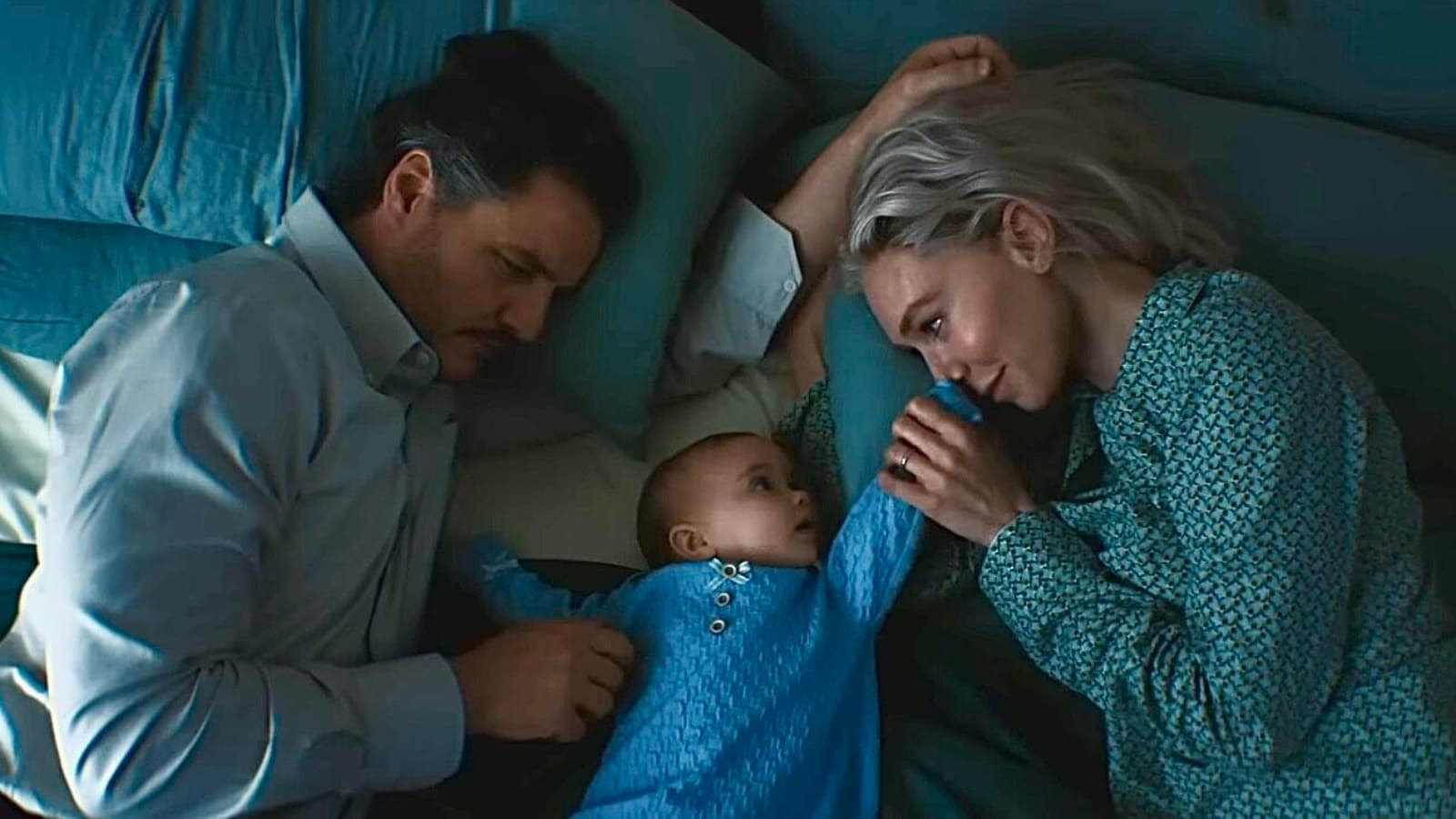Everything Zohran Mamdani will do as Mayor of New York City: A democratic socialist vision for America's largest city
New York City may soon witness a historic political shift as Assemblymember Zohran Mamdani, an outspoken democratic socialist, closes in on former Governor Andrew Cuomo in the Democratic primary for mayor. If elected, Mamdani would become the first democratic socialist mayor of New York City, signaling a national turning point for the Democratic Socialists of America (DSA) and leftist movements across the country.
From rent control to public groceries, Mamdani’s NYC mayoral bid challenges the status quo with sweeping socialist policies.
Zachary Schulman
But what exactly would a Mamdani mayoralty look like? What policies will he pursue? And how would he reshape the largest city in the United States?
Here’s everything Zohran Mamdani says he will do as mayor of New York City—from rent control to public transit, and from wealth taxes to municipal grocery stores.
1. Freeze Rents on Over One Million Apartments
One of Mamdani’s signature proposals is a rent freeze on New York’s one million rent-regulated apartments. This policy would directly impact a massive portion of the city’s tenants, offering them immediate relief from rising housing costs.
How it works:
• A mayor Mamdani would use executive authority and pressure Albany lawmakers to enact a rent freeze for regulated units, halting rent increases for working-class New Yorkers.
• He also supports expanding rent stabilization protections to more buildings.
2. Tax the Ultra-Wealthy to Fund Free Public Transit
Mamdani’s “fare-free MTA” plan is one of the boldest in his platform. He proposes fully subsidizing subway and bus fares for all New Yorkers.
How he’ll fund it:
• Implementing a city tax on the ultra-wealthy, including high-net-worth individuals and real estate investors.
• Pushing for increased state-level support and targeting uncollected luxury taxes.
The goal:
To make New York City the first major American city with universal free transit, cutting down on inequality and emissions simultaneously.
3. Launch City-Owned Grocery Stores to End Food Deserts
Addressing food insecurity head-on, Mamdani pledges to establish municipally-owned grocery stores in underserved neighborhoods.
Why this matters:
• New York has multiple food deserts, where access to affordable fresh food is scarce.
• City-run grocery stores would ensure basic food access while breaking the grip of corporate grocery chains.
This echoes successful models in places like Birmingham, AL, and builds on Mamdani’s belief that basic needs should not be profit-driven.
4. Build a Worker-Powered Government
If elected, Mamdani would oversee 300,000 city workers and a $115 billion municipal budget. His administration aims to empower public sector workers through:
• Stronger labor protections and union support
• Participatory budgeting, where communities vote on how funds are spent
• Increased transparency in city contracts and services
His approach draws on his experience as a community organizer and legislator, where he championed progressive legislation by working across ideological lines.
5. Reshape Policing Through Community Investment
Mamdani has been clear: public safety comes from public investment. While not calling for outright police defunding, he supports:
• Redirecting some NYPD funding toward mental health services, youth programs, and housing
• Demilitarizing the police force
• Expanding non-police emergency responders
This aligns with his broader vision of restorative justice and community-first safety.
6. Turn Grassroots Momentum into Governance
With over 45,000 volunteers, Mamdani’s campaign is one of the most energized in NYC history. Organizations like the NYS Tenant Bloc claim they’ve mobilized tens of thousands of voters already.
Mamdani plans to institutionalize that energy by:
• Opening neighborhood policy councils
• Hiring organizers turned administrators into City Hall
• Building a permanent grassroots governance model that makes City Hall accessible to everyday people—not just lobbyists and insiders
7. Stand Up to Billionaire Super PACs and Institutional Power
Despite being outspent by a $25 million billionaire-backed ad blitz, Mamdani continues to rise in the polls. His victory would be a direct rebuke of big-money politics.
He has pledged to:
• Refuse corporate donations
• Enforce anti-corruption transparency
• Audit city contracts that benefit politically connected real estate developers
8. Forge Pragmatic Coalitions to Get Things Done
Critics warn of paralysis under a socialist administration, citing setbacks in Chicago under DSA Mayor Brandon Johnson. But Mamdani’s supporters say he’s already proven he can govern.
He’s held meetings with experienced leaders like:
• Maria Torres-Springer, former Deputy Mayor for Housing
• Steven Banks, former Human Resources Administration commissioner
According to campaign manager Elle Bisgaard-Church, Mamdani is “a coalition-builder who understands how to organize, persuade, and lead.”
9. Deliver Symbolic and Structural Change
Defeating Andrew Cuomo—a seasoned political heavyweight—would be a symbolic victory for the left. But Mamdani’s campaign is about more than symbolism.
He says his election will mark:
• A paradigm shift in how cities are governed
• A move away from austerity politics
• A bold experiment in transformational, values-based leadership
10. Prove Socialism Can Work at the City Level
As John Franco, a former Sanders aide, put it: “You can’t talk about systemic change if you can’t plow the streets.”
Mamdani’s campaign understands this. His goal is to make socialism practical by:
• Delivering basic services efficiently
• Managing crises with competence and clarity
• Showing that a left-wing government can fill potholes and inspire a movement
Can Mamdani Govern?
Winning is only the beginning. If elected, Mamdani’s administration will be a high-stakes experiment in democratic socialism—tested by unions, real estate interests, budget battles, and the day-to-day demands of governing the world's most complex city.
The question is no longer whether he can win. It’s what he will do—and whether New York is ready for it.










